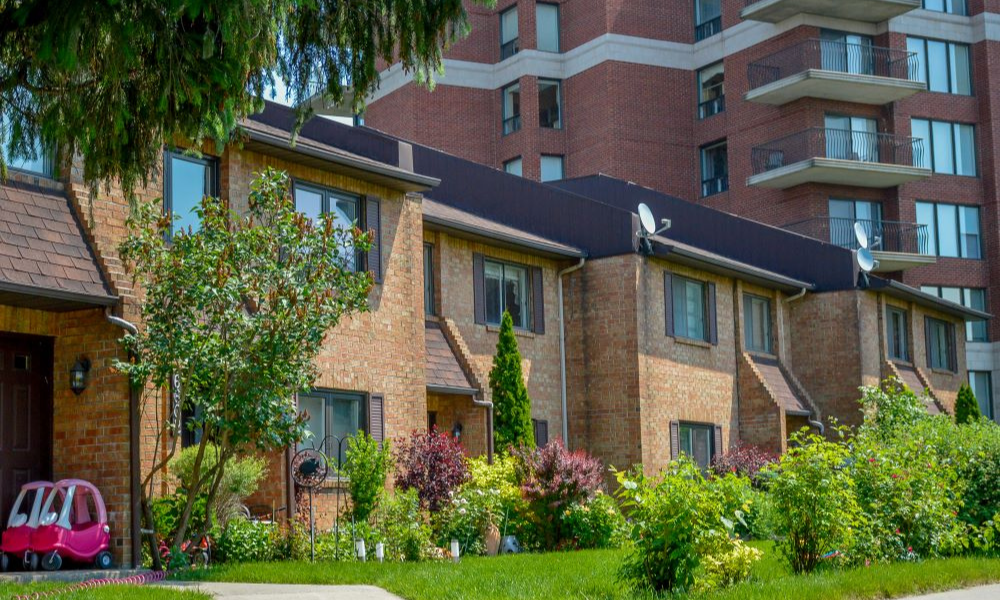Experts warn against progressive tax system as councilman campaigns for tax rate increase on million-dollar properties

The city of Edmonton should not implement a progressive tax system, according to the city's tax experts, but one council member thinks it is possible to require wealthy residents to pay a higher property tax rate.
"Those who can pay a little bit more should pay a little bit more,"Coun. Michael Janz said in an interview with CBC News last Friday, citing the city's limited means to address the ongoing affordable housing and homelessness crisis. Last summer, he urged the city administration to present proposals for the city to establish a higher tax level on properties valued at $1 million or more.
But a study published last week noted that while the government has thought about several different ways to a progressive tax system, the majority are "unwise" given legal restrictions.
However, according to Janz, tax reform might help lower-income people for whom rent or mortgage payments take a big bite out of their monthly budgets. 'If there's a way that we can reduce taxes for them by recouping more revenue from those in the two, three, $4-million home range… then we should do so," Janz said.
Everyone pays the same rate of property taxes under the city's present system, but the amount is determined by the assessed value of each home. Raising the rate by ten per cent on Edmonton's estimated 4,800 million-dollar properties is projected to bring in $5.3 million annually. For properties below the threshold, that equates to a 0.3% tax cut.
That tighter tax focus on the 700 residences in Edmonton with assessments of over $2 million is estimated to save households under $1 million 0.09% in taxes or $1.65 million a year.
But the city's assessment and taxation branch's director, Anton Szabo, stated that they do not advise converting to a progressive system.
He cited the Municipal Government Act of Alberta, saying it is rigid about how property tax and subclassing might operate, governs cities, towns, and municipalities in the province. He added that the city lacks a means of determining how much money a homeowner makes, unlike the federal and provincial governments, which collect income tax.
According to the report, a progressive tax rate might result in more complaints from houses above the cut-off. The steep differential between properties that trigger the million-dollar tripwire and those that are just shy of it, Szabo said, raises important questions about equity in taxation.
But some Edmonton residents, according to Janz, have several homes.
"I think we need to treat the people who are using housing as an investment commodity to make money and have a return on investment — we need to treat them differently than people who need a home for shelter and belonging."



